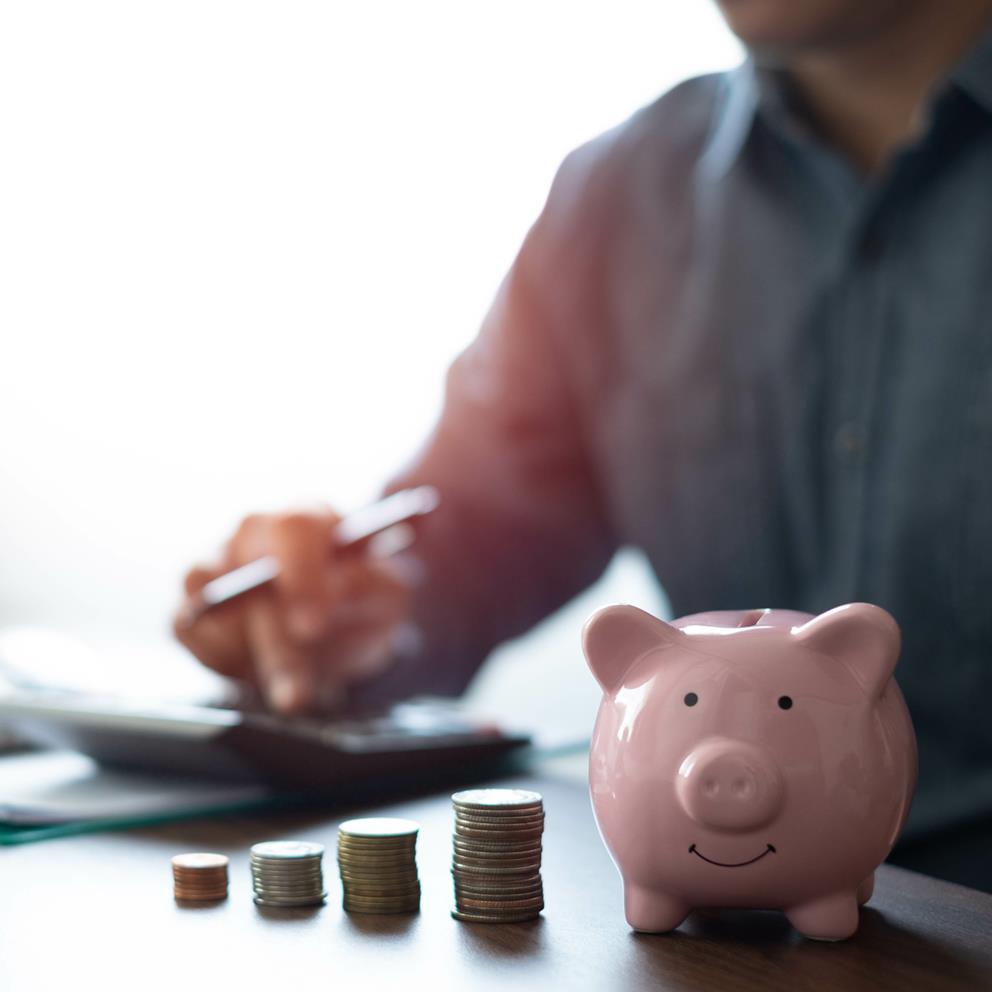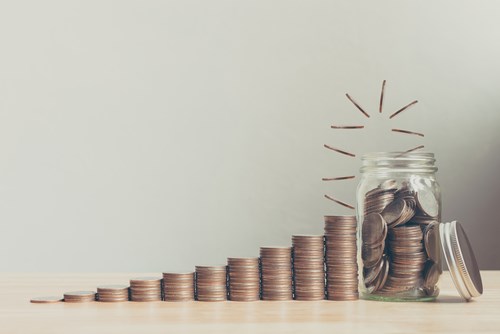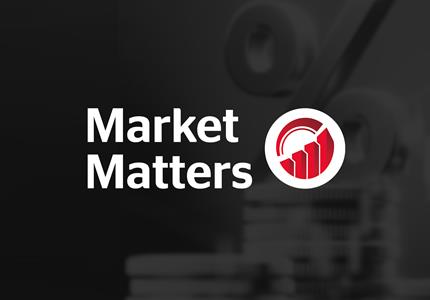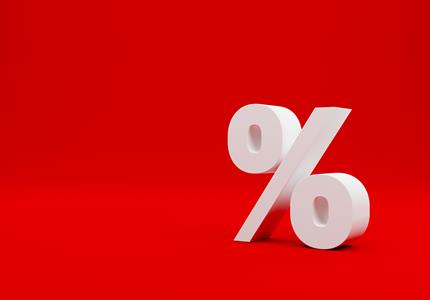

Savings vs investing: Which is best for you?
Adapted from our ‘Understanding saving vs investing’ podcast, portfolio manager Holly Warburton explains the difference between saving and investing to help you make the most of your money.
I often think that the words ‘saving’ and ‘investing’ are used interchangeably, and while both are essentially about putting some of your money aside for a specific purpose, they are, in fact, quite different concepts.
What’s the difference between saving and investing money?
Typically, savings refer to cash which is kept in a bank account (though as a child you might have kept this in a piggy bank or under your mattress), with the value of your cash/savings remaining mostly the same over time.
Investing, however, works slightly differently; when you invest, you buy financial assets. These could be anything, from shares in global companies, property, or even precious metals, and as the price of these changes over time, so does the value of your investments. This works both ways - the value of your investment can go down as well as up - although, of course, you invest with the aim of growing the value of your money over time.
The key difference between saving and investing is the changes in the value of your money. With savings, the value will remain the same, bar maybe a little bit of bank interest, whereas with investing it will change over time, potentially weekly, daily or even by the minute.
What should I do with my savings?


We can clearly see that saving and investing are two very different concepts, and each has its own advantages and disadvantages.
As with any financial plan, there are things you may wish to consider, such as liquidity (how quickly and easily an asset can be converted into cash) and any fees or charges.
With cash savings, these could simply be kept in an instant-access or everyday account, so whilst your cash value does not change, you can get your money back instantly. If you do have a bit of time before you need the funds, there are other accounts where you may be able to earn more bank interest if you intend to keep it saved away for longer periods of time.
With investing and buying financial assets, these won’t necessarily be instant access so you would need to consider this if you did need your money back, along with how long this could take and whether there would be any charges or penalties involved.
As with anything, it really is a personal choice; a good place to start would be building up your savings in cash and when you feel you have sufficient to help fund any unforeseen events (or that next holiday) you can start to ask yourself, could my money be working harder for me by investing some?
How much of my savings should I invest?
There are various rules of thumb when it comes to determining how much of your savings to invest. A very common one is to keep three to six months of expenses in cash as an emergency fund, so that if your car breaks down or your washing machine needs a repair you’re covered. But the answer to this really is based on your personal circumstances - how much this sum means to you and, more importantly, what your time frame for setting the money aside is and if you have any set use for it.
If you are going to need your money in less than two years it might be better to keep it in cash as savings because by investing, the value may potentially go down, particularly in the shorter term. This could be savings for a house deposit in six months’ time or for your next holiday – short-term uses or where you know you might need a fixed amount and don’t want to risk getting back less than what you put it. The risk with investing is the £10,000 you put aside for a new car might not be worth the exact same amount when you need it in two months.
The advantages of investing


The flip side to thinking about your short-term financial requirements is of course your longer-term financial goals, say in five, 10-, or 20-years’ time.
If you keep your money in cash for a long period of time, although you won't see the value go down, there is the risk that inflation (the general rise in prices) will mean your money won’t have the same buying power when you come to spend it as it did when you first put it aside.
In the UK, as an example, something simple like the price of a loaf of bread has roughly doubled since 1990, going from 50p to just over £1[1]. If this jump in price happens again, to be able to buy a loaf of bread in 30 years, your £1 would need to have grown to £2 - and this isn’t going to happen when it’s in cash under the mattress. This is where investing can help.
Historically global equities (these are shares in global companies) have returned on average 9% per year over the last 30 years[2]. So, if you had invested your 50p 30 years ago, it would be worth over £6 today, therefore enabling you to still be able to have your toast for breakfast or a sandwich for lunch – with a few extra pounds to spare!
That said, with any long-term future goal, for example enjoying the same lifestyle you have now when you’re retired or helping with your children’s university education, the focus should be on investing rather than just saving – even if it means potentially watching the value of your money fluctuate in value over that time.
For most people, savings should therefore be seen, except for any specific purchases, as a short- to medium-term financial strategy, whereas investing should be considered as part of a medium- to long-term plan.
Regardless of whether you choose to save or invest, thinking about your financial future is an important step. In the first instance, you may perhaps wish to consider how much you can save, whether you envisage needing these funds in the short term and how much you might need in the future, whether it be for houses, children, or your own retirement.
If you would like to discuss your future financial needs, please don’t hesitate to contact us - we would be delighted to have a chat or arrange a meeting.
Sources:


